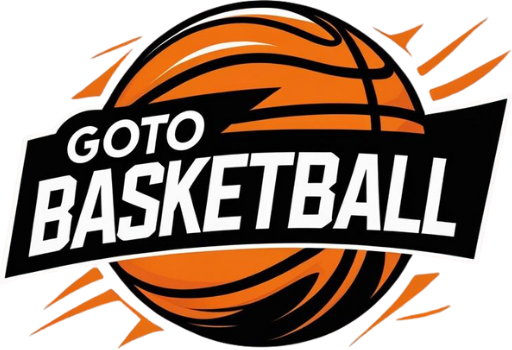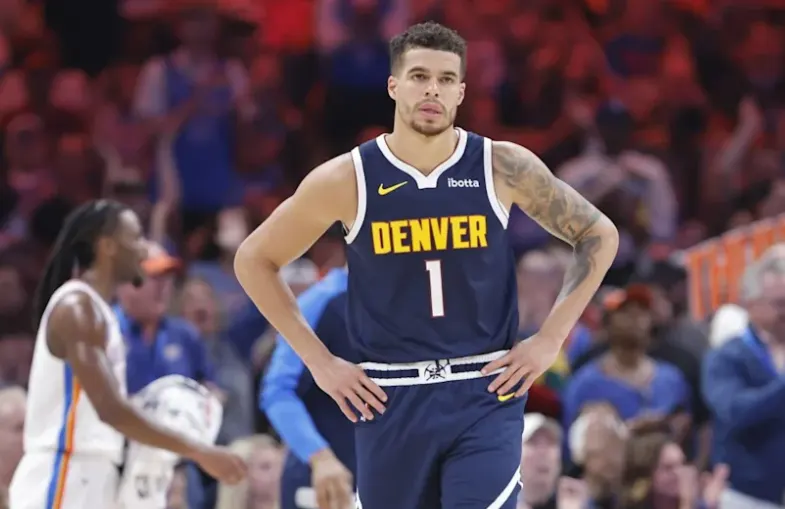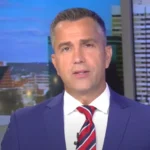Brooklyn, August 2025. During a recent episode of One Night with Steiny, Brooklyn Nets forward Michael Porter Jr. dropped one of the toughest lines you’ll hear from an NBA star: sports betting isn’t a spectator sport anymore, it’s a wildfire threatening to burn the sport down. His voice was urgent, raw, and personal. And man, he’s living it.
A Scare From the Inside Out
Porter’s warning comes with weight; his younger brother, Jontay Porter, was banned from the NBA for life after pleading guilty to a conspiracy to commit wire fraud, involving manipulating his performance to help friends win prop bets. These aren’t wannabe gambler tales; they’re real, urgent, and happen in players’ own circles. Jontay’s sentencing is set for December, not far from where Michael will be suited up.
When a Player Suggests He Could Be the Trigger
The reason the alarm rings loudly? Porter painted a chilling “what-if” scenario that sounded like a TV script, but it wasn’t fiction:
“If you can get all your homies rich by telling them, ‘Bet $10,000 on my under this one game…I’m gonna act like I got an injury…bounce after three minutes,’ and they all cash out…some people come from nothing and they think like that.”
That’s not paranoia, that’s bulletproof cold logic used to explain how a single compromised few could spread corruption through sports.
Threats Beyond the Box Score
Porter even revealed that players face threats as a result of betting. When gamblers lose, sometimes they turn it into hate messages or worse. He mentioned receiving death threats when failing to hit the “over”, reminding us that athletes aren’t just targets of boos—they can become targets of rage.
On the Road Trippin’ podcast, retired NBA champion Kendrick Perkins spoke to this too, highlighting that the league has protocols to protect players when public outrage crosses a line.
A Landscape Shaped by Betting
We can not overlook the source of this. Ever since 2018, the NBA has been overwhelmed by the legalization of sports betting. The league has made as much as $167 million, or 11 percent more than the year before, in 2024 alone, in part because of betting-related revenue. This growth, however, has dark clouds of addiction, manipulation, and mental crises. Examples of harassment toward J.B. Bickerstaff and Tyrese Haliburton demonstrate the extent to which this type of environment is threatening.
Michael’s alarm comes amid escalating scrutiny the league now faces beyond the 2007 Tim Donaghy referee scandal. Betting is not fringe; it’s baked in.
How Bad Could It Get?
Imagine this scenario:
- A single game triggers $200K in unusual prop bets—five players suddenly sit or score below projections.
- A bettor, losing big, locates the player’s family info and starts harassment on social media.
- The player tightens up on court, performance drops—and now others lose money. The trust mutates.
Porter’s already seeing this wave, not as hype, but real pressure plugging into real life.
Historic Parallels and Warnings
This isn’t new. The NBA’s 2007 betting scandal involved ref Tim Donaghy officiating games he bet on, undermining the game’s core. But what’s different now? Betting isn’t underground, it’s invited. Partnerships with MGM and FanDuel, in-game platforms, and fantasy overlays mean money tracks every dribble, every shot.
Porter emphasizes: digital betting makes it trivial to manipulate and harder to trace.
My Take: A Reckoning We Can’t Postpone
Here’s the raw truth: stats or drama, access or advantage, sports betting is more than dollars on screens. Its influence on players, games, and futures.
Michael Porter Jr. isn’t being dramatic. He’s trying to wake us, but maybe it’s already too late.
So what now? The league could:
- Limit prop betting to physical venues only (like Porter suggests, Vegas only).
- Launch education for players from vulnerable backgrounds, teaching them the risks, not just legality.
- Increase oversight on prop bet anomalies at the player level, not just game results.





